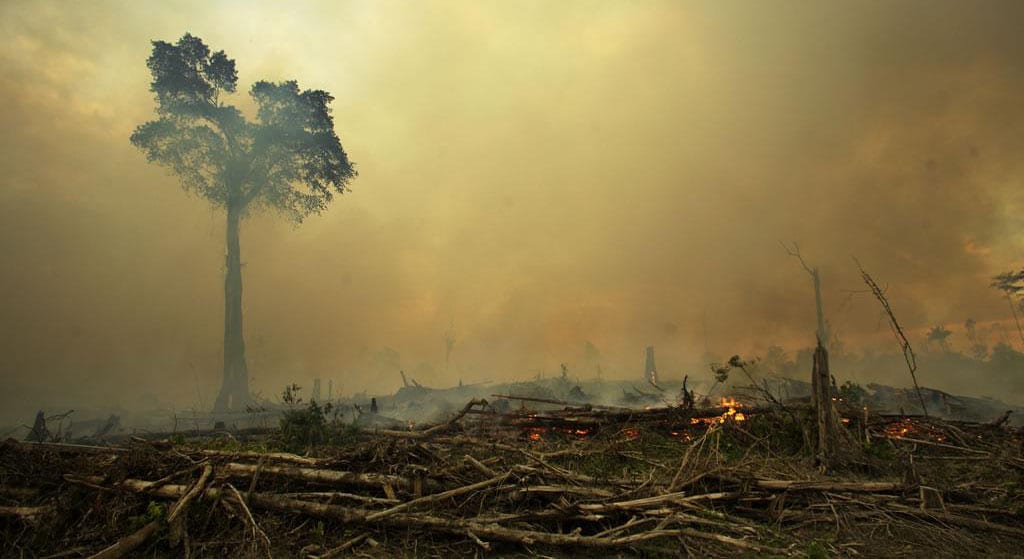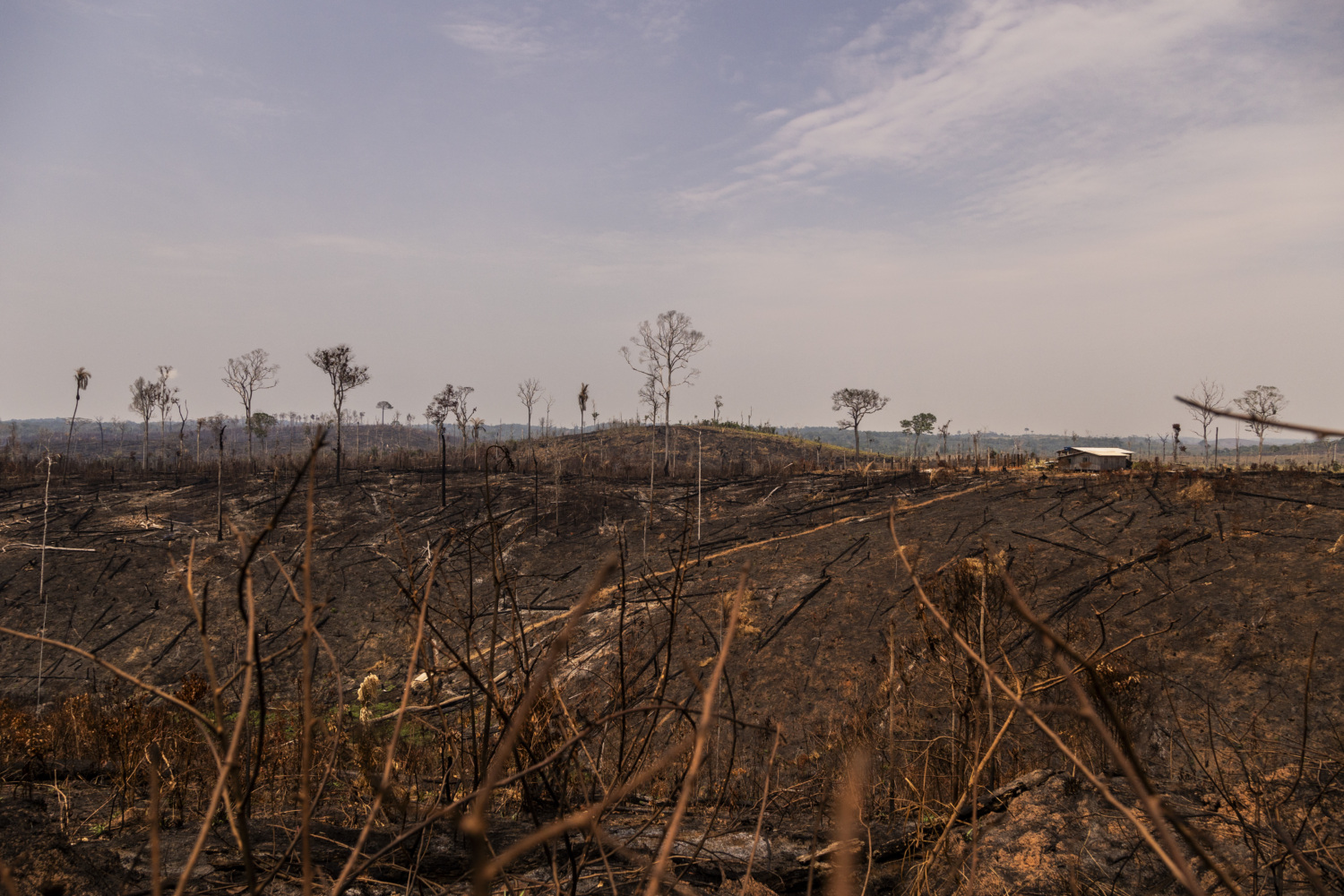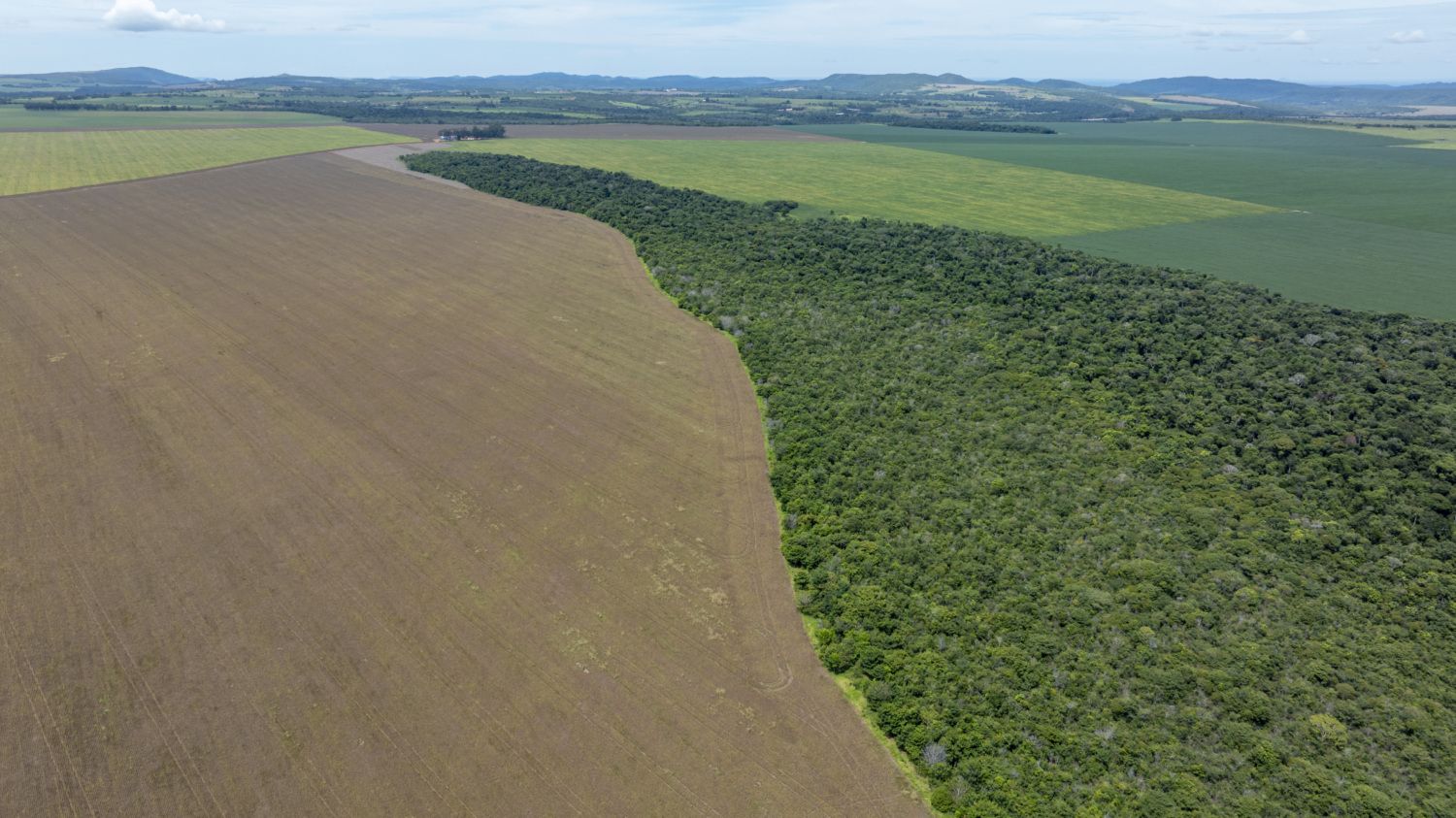
Massive Fires on the Concessions of Indonesia’s Second Biggest Palm Oil Producer
New report finds that Astra Agro Lestari has little control over forest fires, despite sustainability pledges.
One year ago, Astra Agro Lestari (Astra), the second largest private palm oil grower in Indonesia, adopted a new, ambitious No Deforestation, No Peat, No Exploitation policy. In response to pressure from NGOs and shareholders, the company introduced an immediate moratorium on forest clearance in June 2015, and in September the same year published a sustainability policy which included commitments to cease forest clearance, refrain from developing plantations on peatlands, prevent fires and respect human rights of workers and local communities.
However, a new report commissioned by Rainforest Foundation Norway, Mighty, and the Indonesian organizations YMP and KKI Warsi shows that, one year in, the implementation of Astra’s sustainability policy leaves much to be desired.
Little control over forest fires
Beyond a commitment in its sustainability policy to avoid using fire to clear land, Astra provides little public information on how it prevents and mitigates fires.
The report shows that thousands of hectares of natural forests and palm oil plantations were lost to fire inside Astra’s Kalimantan concessions during Indonesia’s 2015 haze disaster. A total of 677 fire hotspots were found in Astra’s concessions from July to October 2015.
This is serious, considering that the forest fires in Indonesia last year may have caused over 100.000 premature deaths, according to a recent study by researchers at Harvard and Columbia universities.
“Astra urgently needs to take steps to prevent a repeat of last year’s haze catastrophe,” says Anja Lillegraven of Rainforest Foundation Norway. “Palm oil plantations on peat are extremely fire-prone, and we want to see Astra making a serious effort to restore degraded peatlands and forests within its concessions.”
The report stresses that there are no grounds to suggest that Astra intentionally uses fire to clear land, but the number and scale of fires certainly show that fire prevention and mitigation by Astra were not effective during 2015. Furthermore, Indonesian law holds companies responsible for preventing and extinguishing fires on their concessions, regardless of who started the fires.
Effective deforestation ban
Astra manages around 298,000 hectares of palm oil plantations in Kalimantan, Sumatra and Sulawesi. Over the last five years before its No Deforestation policy, the company expanded its planted area by 35,000 hectares. A previous sustainability assessment found that Astra had deforested 14,000 hectares since 2007 and destroyed 27,000 hectares of carbon-rich peatlands since 2009 which resulted in at least two million tons of carbon emissions annually (not including emissions from forest fires).
Astra’s policy has been effective in stopping forest clearance, according to the report. No cases of deforestation or clearing of peatland, and no new expansion, has taken place within Astra’s own concessions since the moratorium of June 2015. However, around 300 hectares of rainforest clearing were discovered in a concession area not owned by Astra, but where Astra manages oil palm plantations in cooperation with the concession owners.
Still sourcing from “high risk” third party suppliers
The report found that in the first half of 2016, Astra sourced 33,000 tons of palm oil from a high risk supplier called PT Austindo Nusantara Jaya (PT ANJ).PT ANJ cleared 8,000 hectares of natural forest in West Papua between early 2014 to mid-2015.This supplier was suspended by four other major palm oil buyers for violating their No Deforestation policies, yet Astra provided no response as to whether it assessed the company’s sustainability practices before buying from them.
“Astra is moving forward, but at an inchworm’s speed. We have yet to see the real drive for change from Astra that is needed to move its supply chain along with it,” said Deborah Lapidus, Campaigns Director with Mighty. “Astra must immediately publish the identities of its suppliers and report on their performance, or we’ll constantly be wondering what’s lurking in Astra’s shadows.”
Astra sources about one third of its palm oil from third party suppliers. Astra’s policy applies to these suppliers, but there is no evidence that Astra has engaged its suppliers on its policy or conducted independent assessments of supplier compliance. Astra has yet to be transparent about who its suppliers are and where they are located.
Unresolved legacy of human rights violations
Astra’s previous plantation establishment has led to severe human rights violations. The NGO coalition views Astra’s efforts to address grievances and provide remedy as insufficient.
“The indigenous Orang Rimba people in Jambi are suffering as a result of Astra’s palm oil plantations”, said Diki Kurniawan from KKI WARSI in Jambi. “Because their lands were expropriated by Astra, they live in extreme poverty and despair. We urge Astra to return land to the 400 Orang Rimba within Astra’s plantation so they can live a decent life.”
Featured photo: CIFOR


